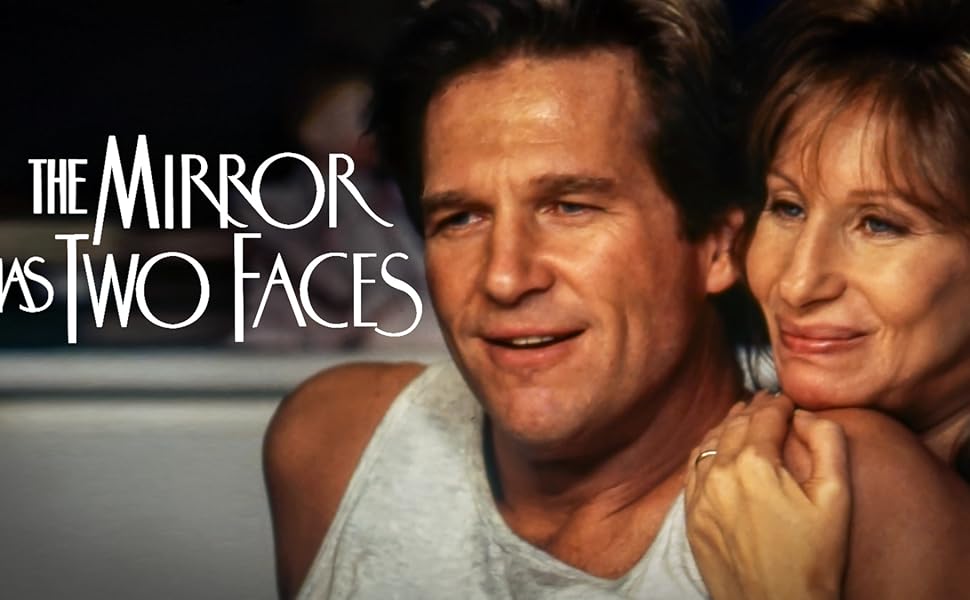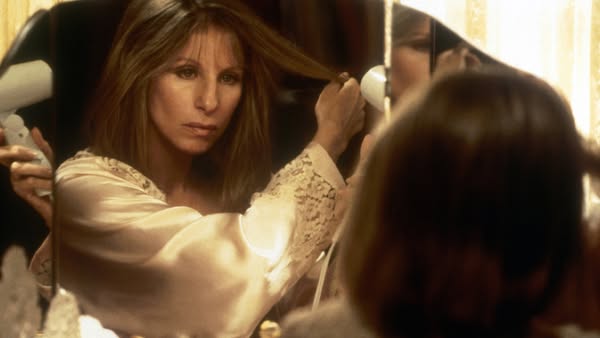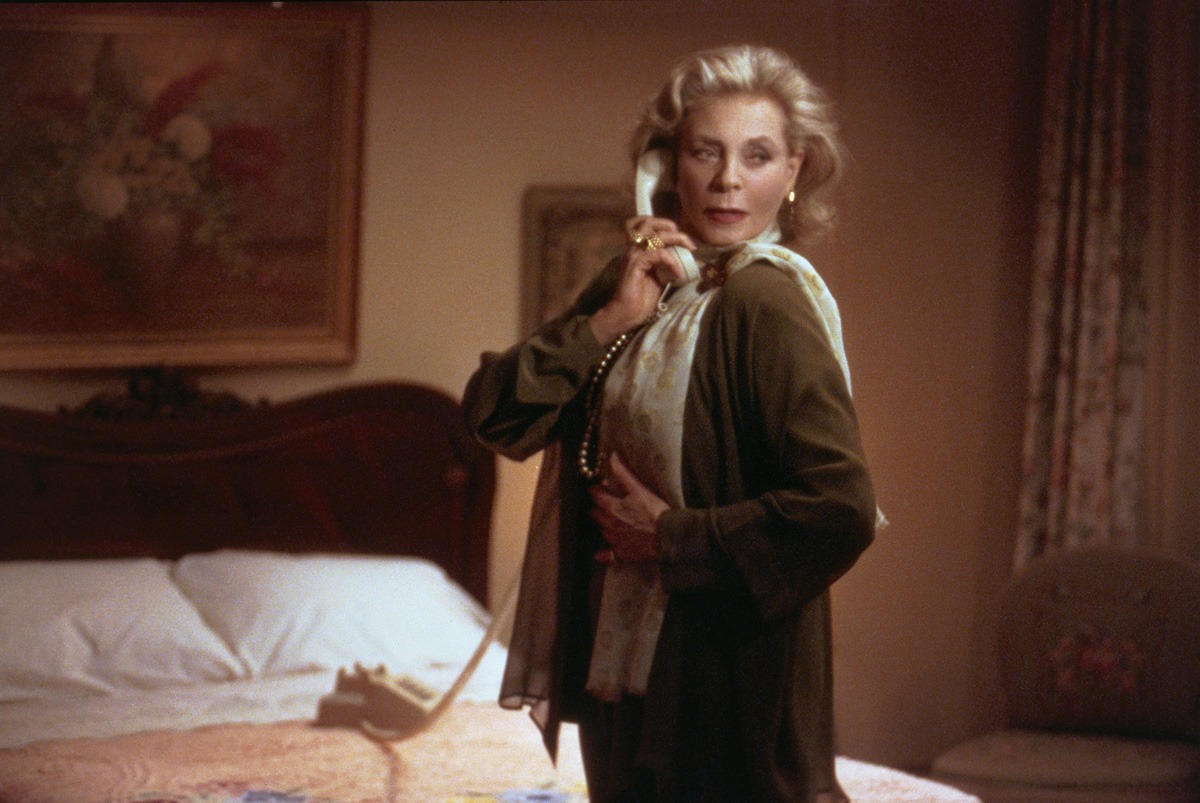The Mirror Has Two Faces (1996)

The Mirror Has Two Faces (1996) is a romantic comedy-drama film directed, produced, and starred by Barbra Streisand. Based on the 1958 French film Le Miroir à deux Faces, the script was adapted by Richard LaGravenese. The movie explores themes of love, self-esteem, and the complexities of romantic relationships. Streisand plays Rose Morgan, a middle-aged, intellectual woman who, after experiencing disappointment in her romantic life, enters into an unusual marriage with her colleague, Gregory Larkin, portrayed by Jeff Bridges. This story delves into the idea of love beyond physical attraction and the search for true companionship.
The plot centers on Rose Morgan, an English literature professor at a university, who has a strong sense of self but struggles with feelings of insecurity about her appearance. Rose has been unsuccessful in her previous romantic relationships, leading her to develop a somewhat cynical view of love and attraction. She eventually agrees to a platonic marriage with Gregory Larkin, a mathematics professor who shares her intellectual interests but has also struggled with romantic relationships due to his own insecurities. Together, they try to build a marriage based on mutual respect and companionship, but the dynamics shift when their emotional and physical desires come into play.
Gregory’s initial proposition is that they marry without any expectations of physical intimacy, focusing instead on intellectual and emotional connection. However, as their relationship progresses, both Gregory and Rose start to experience changes in their feelings toward one another. Gregory is initially attracted to Rose’s intelligence and personality, but as Rose undergoes a makeover and becomes more physically appealing, their relationship begins to face new challenges. The film explores how external appearances and internal perceptions can affect relationships, and how love can be tested by personal insecurities.

One of the most compelling aspects of The Mirror Has Two Faces is the deep character development of both Rose and Gregory. Streisand’s portrayal of Rose is nuanced and sensitive, capturing the complexities of a woman who must learn to reconcile her self-worth with the expectations of others. Jeff Bridges plays Gregory as a thoughtful and vulnerable man who finds himself torn between his intellectual connection with Rose and his growing physical attraction to her. Their performances bring depth to a story that revolves around personal growth and the difficult journey toward self-acceptance and love.

The film also emphasizes the theme of self-transformation. Rose’s makeover, which initially seems to be about conforming to societal standards of beauty, becomes a moment of empowerment for her. It represents her growing confidence in herself, not just her appearance, but her entire self-worth. The film portrays that true transformation comes from within and is necessary for building a genuine relationship. Both Rose and Gregory learn that love is not just about outward appearances, but about emotional connection, respect, and mutual understanding.

In conclusion, The Mirror Has Two Faces (1996) is a heartfelt and insightful exploration of love, self-esteem, and the complexities of human relationships. Directed by Barbra Streisand, the film showcases a brilliant performance from the cast, with Streisand and Jeff Bridges creating memorable characters that engage the audience emotionally. The movie successfully blends romance and humor, while also offering a thoughtful commentary on the nature of love and attraction. With its blend of wit, warmth, and wisdom, The Mirror Has Two Faces remains a timeless story about the importance of inner beauty and true connection in relationships.











